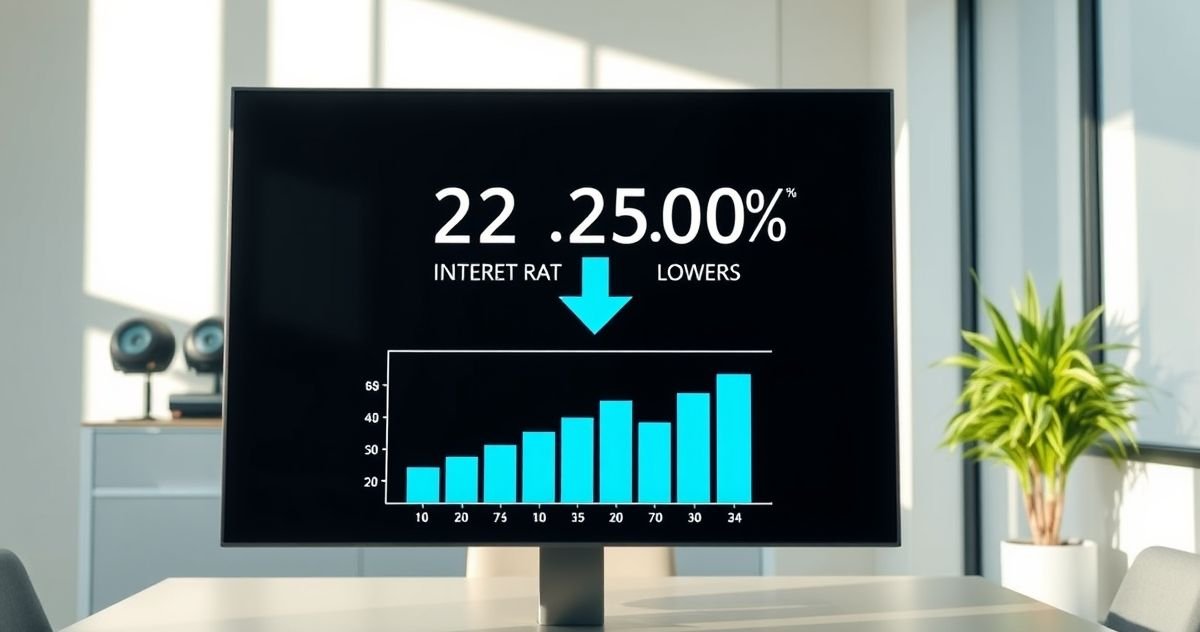The Financial Impact of a Lower Interest Rate
Reducing your interest rate directly lowers the cost of borrowing money. This has two major benefits:
- Lower Monthly Payments: A greater portion of your payment goes toward the principal balance rather than interest, which can reduce the required payment amount and free up cash in your budget.
- Reduced Total Interest Paid: Over the life of a loan, even a small rate reduction can save you thousands of dollars. For example, refinancing a $300,000 mortgage from 6.5% to 5.0% on a 30-year term could save over $300 per month and more than $110,000 in total interest.
How to Get an Interest Rate Reduction
Borrowers can pursue several strategies to lower their interest rates, from taking out a new loan to modifying an existing one.
1. Loan Refinancing
Refinancing involves replacing your current loan with a new one that has better terms, such as a lower interest rate. This is a common strategy for long-term debt. When considering this option, it’s important to calculate your break-even point to ensure the savings outweigh any refinance closing costs.
- Mortgage Refinancing: Homeowners often refinance when market rates drop or their credit improves. You can learn more about a mortgage refinance to see if it fits your goals.
- Student Loan Refinancing: This can consolidate multiple loans into a single new loan with a lower average rate. Explore the details of a student loan refinance to simplify your payments.
- Auto Loan Refinancing: If your credit score has improved since you bought your car, you may qualify for a lower rate.
2. Loan Modification
A loan modification adjusts the terms of your existing loan with your current lender. This option is typically pursued by borrowers facing financial hardship who need to avoid loan default. A modification might lower the interest rate, extend the repayment term, or both.
3. Credit Card Balance Transfers
If you have high-interest credit card debt, you can apply for a balance transfer card. These cards often feature a 0% introductory Annual Percentage Rate (APR) for a specific period (e.g., 12-21 months). This allows you to pay down the principal balance without accruing interest, but be aware of transfer fees and the interest rate after the promotional period ends.
4. Direct Negotiation with Your Lender
For revolving credit lines like credit cards, you can often negotiate a lower interest rate directly. If you have a strong payment history and an improved credit score, call your card issuer and ask for a rate reduction. Lenders may agree to retain a reliable customer.
5. Improving Your Credit Score
A higher credit score signals to lenders that you are a lower-risk borrower, making you eligible for better interest rates. You can improve your score by making on-time payments, paying down balances to lower your credit utilization, and keeping your debt-to-income ratio low.
Frequently Asked Questions (FAQs)
Q: Will seeking an interest rate reduction hurt my credit score?
A: Applying for a new loan, such as refinancing, requires a hard credit check, which may temporarily lower your credit score by a few points. However, the long-term benefits of a lower interest rate and reduced debt can positively impact your overall financial health.
Q: How do I know if I qualify for an interest rate reduction?
A: Qualification depends on your credit score, payment history, debt-to-income ratio, and current market conditions. The best way to find out is to contact lenders for pre-qualification or apply for a refinance offer.
Q: Is it always worth it to get an interest rate reduction?
A: Usually, but not always. You must weigh the savings from the lower rate against the costs, such as closing costs or balance transfer fees. If the fees are too high or the rate reduction is minimal, it may not be financially beneficial.
For more information on refinancing, you can visit the Consumer Financial Protection Bureau.

